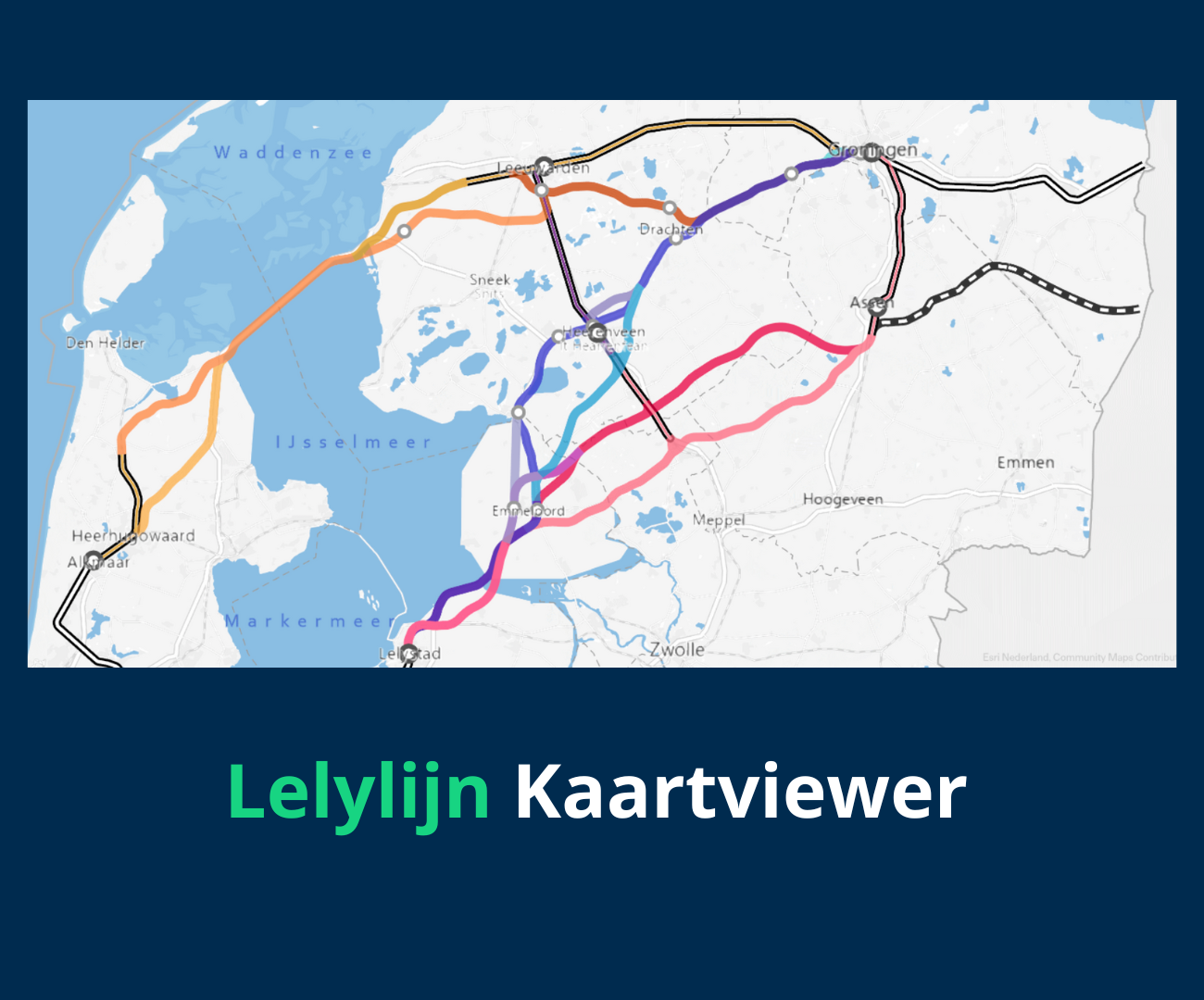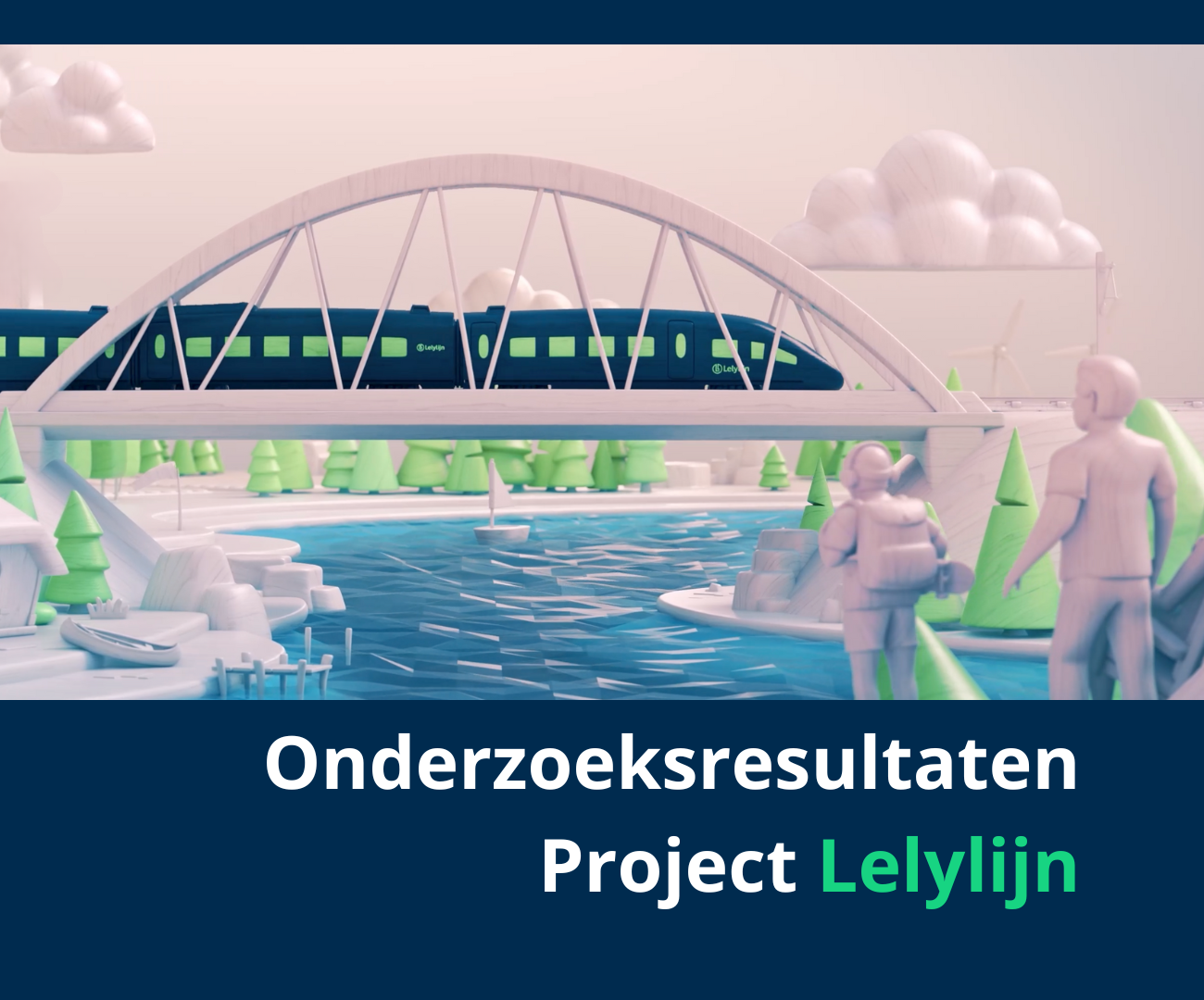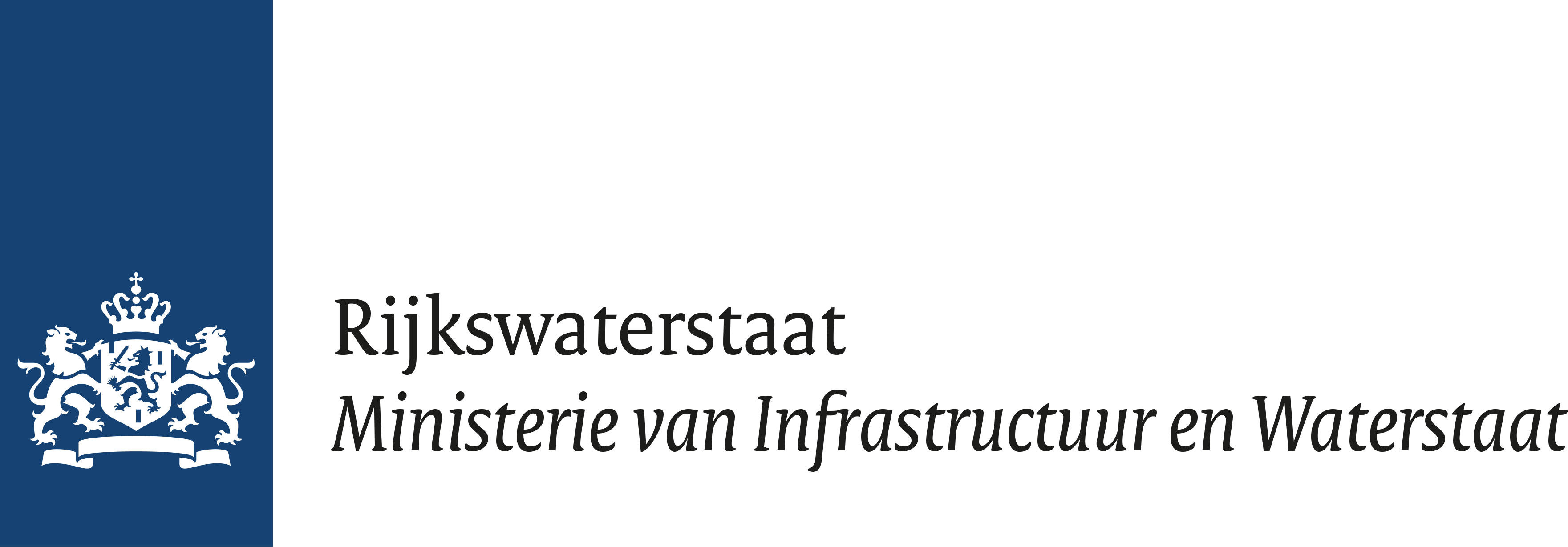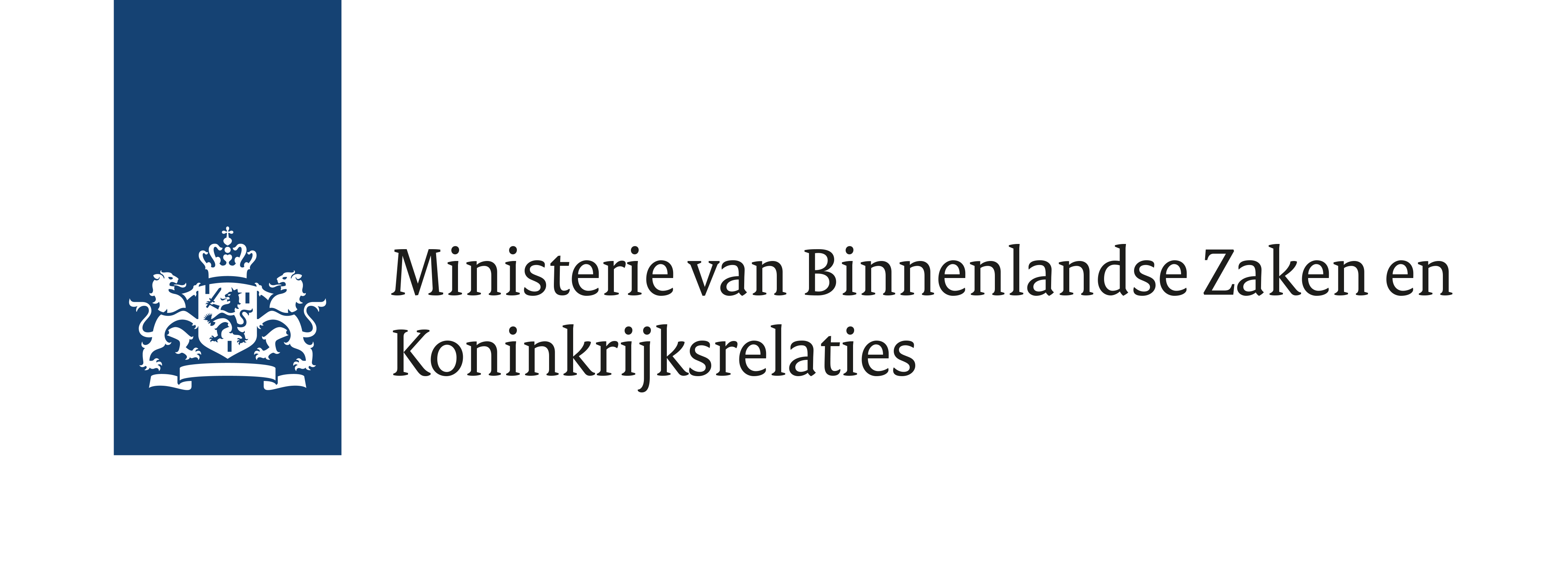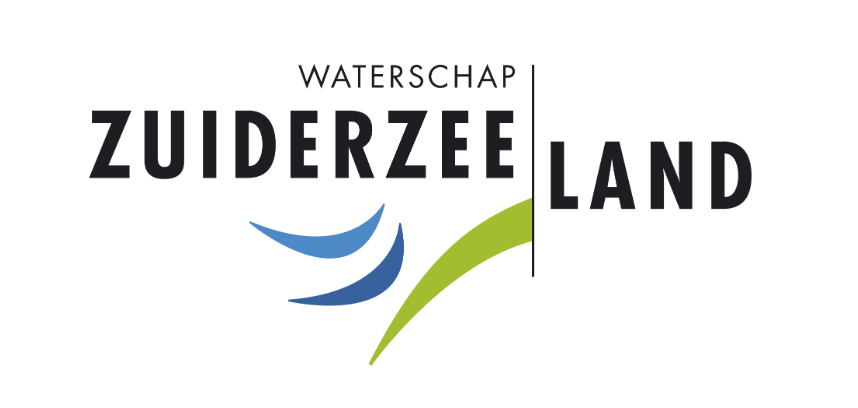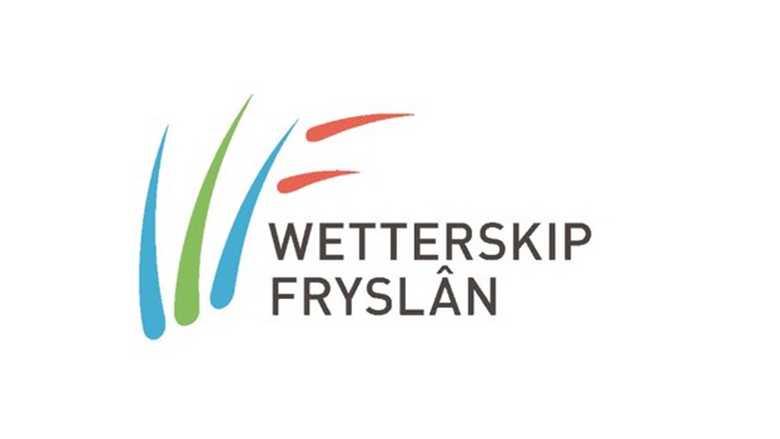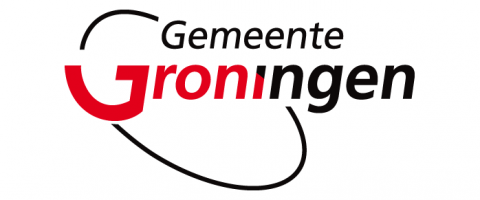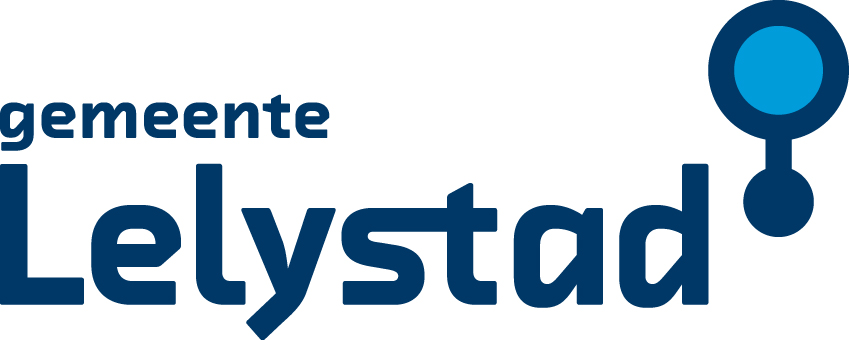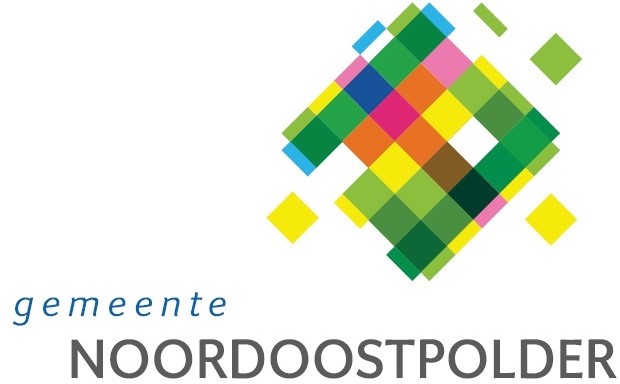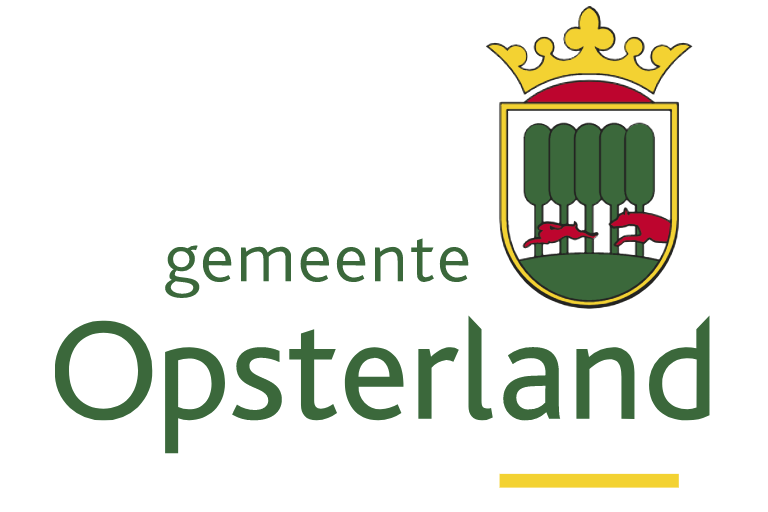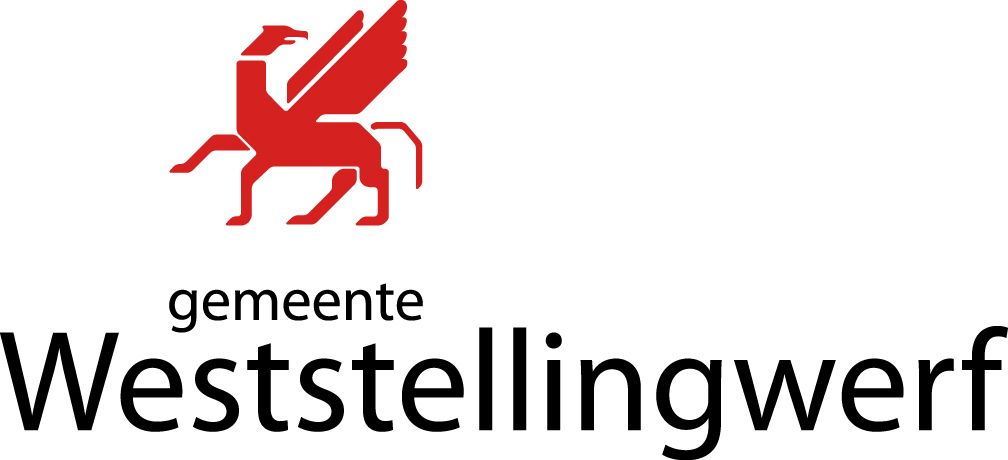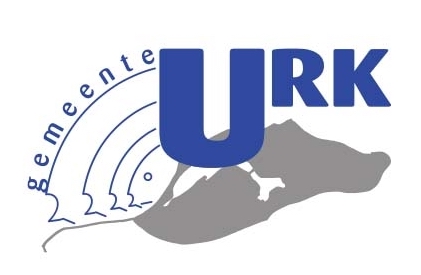25 July 2024
Councilman Michel Rietman of Súdwest-Fryslân municipality on the Lelylijn
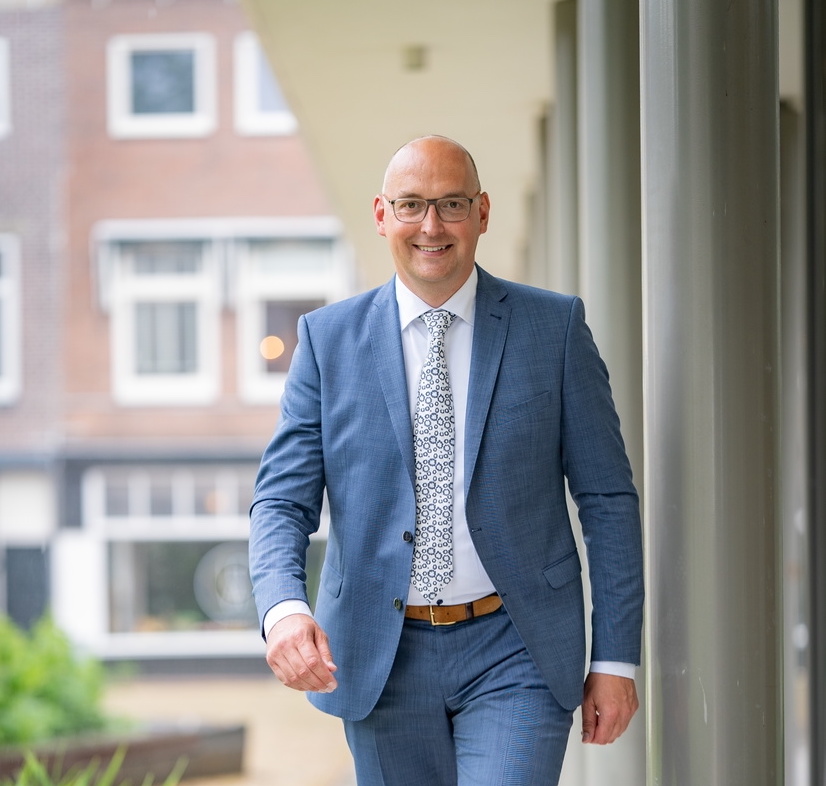
Michel Rietman has been alderman of the municipality of Súdwest-Fryslân since June 2022.
His administrative responsibilities include the portfolios of mobility, housing and hospitality economy.
Before becoming an alderman, he gained a lot of entrepreneurial and managerial experience through his work at VNO-NCW MKB Noord, Groningen Bereikbaar, Stichting Jong Ondernemen and as a franchisor with one hundred and forty fast food, hospitality and catering locations.
What do you think De Lelylijn can do?
What opportunities and possibilities do you see for Súdwest-Fryslân and for the region?
“De Lelylijn will probably not pass through our municipality, but as a large municipality we still have a great interest in this rail connection.
That is why I participate in the administrative consultations as a representative of Súdwest-Fryslân.
I not only represent the interests of our municipality, but also look at what the entire province of Fryslân needs.
De Lelylijn should not only benefit the places where a station will be built, but the whole of Fryslân.
De Lelylijn significantly shortens travel distances. When asked what the Lelylijn can do for our region, I imagine it to be 2050. Tourists from Germany or Western Netherlands will then travel to Fryslân on the Lelylijn. They get off in Heerenveen and there take the light rail to the Afsluitdijk. Then they arrive in water city Sneek, where they transfer to a water cab to a floating accommodation on the Frisian lakes. In this way, guests experience the beautiful watery landscape of Súdwest-Fryslân. In addition, it is important to consider what the Lelylijn can mean for our children. How will they soon travel to work or college so that they can continue to live in the nuclei where they want to live. Because this decision we take not only for the current generation, but especially for the next generations.”
What challenges do you think De Lelylijn brings?
“As a driver, it is a challenge to make decisions about changes that will not be felt for 10 or 20 years.
This is even more true for a large-scale infrastructure project like the Lelylijn, which may be completed in 2050.
One of the challenges is the water- and soil-controlled design of the landscape.
And there are all kinds of technical challenges, which I am confident will be well researched and calculated by the Lelylijn project organization.
De Lelylijn can mean a lot for the accessibility of Súdwest-Fryslân. Although the line need not run through our municipality, we must ensure a good connection to the underlying transport network and a good connection to the intended stops. Therefore, we are already thinking about different forms of public transport, as an example perhaps a light rail.
The technical issues are solvable in my view. The real challenge lies in raising awareness of the importance of the Lelylijn. It requires administrative courage and responsibility from national, state and local governments to tackle this project, focusing on the long-term benefits and for the sake of our future generations.”
If you could give the De Lelylijn project organization one tip, what would it be?
“It is important that the project organization continues to tell the story of the Lelylijn well to the residents of the Northern Netherlands. We have to realize that this is a big decision where we are going to experience long-term benefits. We are doing this for the next generation. So keep talking to each other and make sure we connect.”



